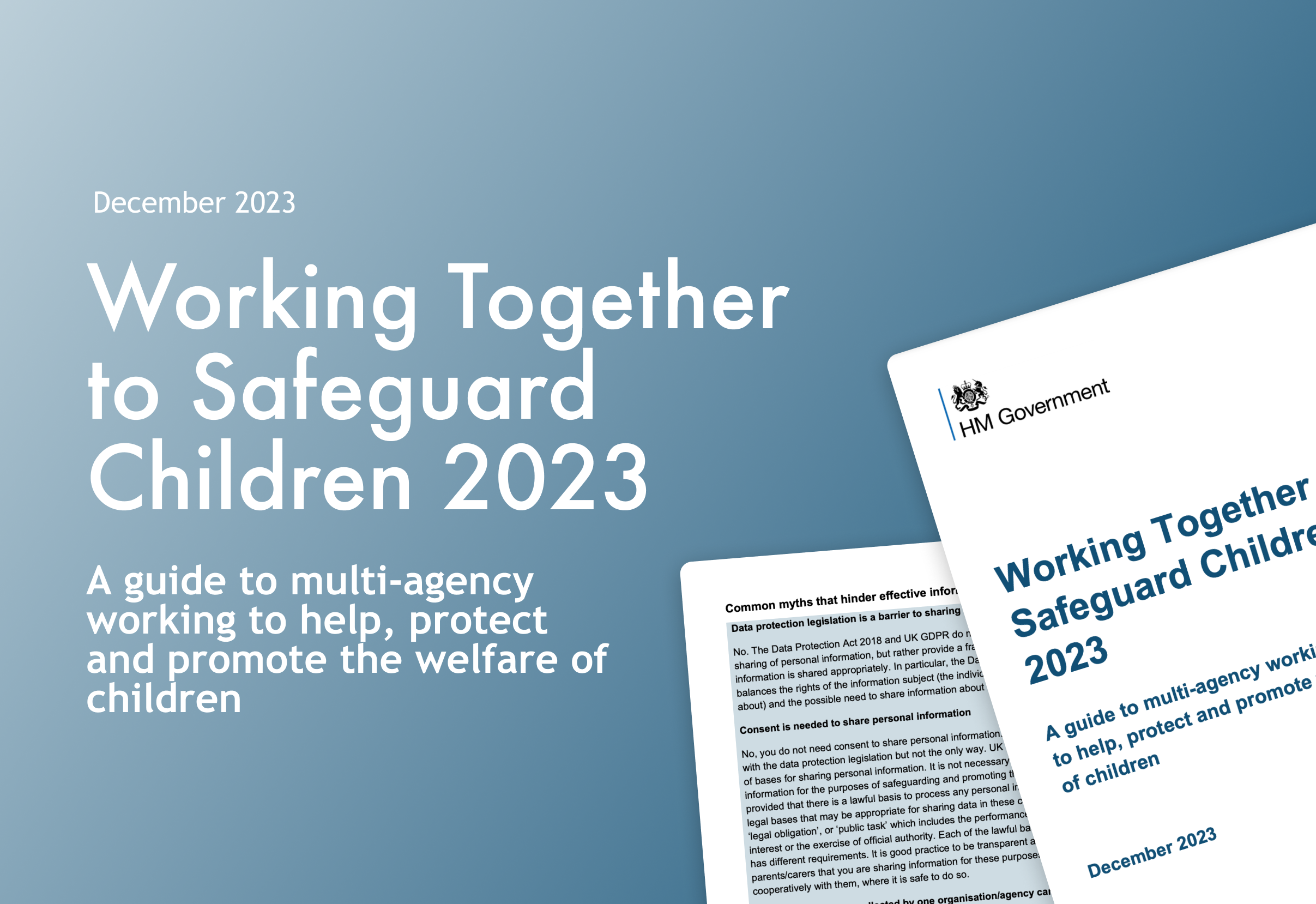By Lewis Robertson, Safeguarding Consultant
‘We care about case recording.’
We care.
Whether it be education, social work, health, youth work or any other role that supports young people or adults at risk, we enter into these professions because we care.
We care about the people we are working with; we care about families, we care about doing everything in our power to ensure that they are safe, supported and achieve the best possible outcomes.
None of us are robots, I doubt there is a single professional who has not at some point thought about the people we are working with, outside of working hours. Whilst important that we ensure we have coping strategies and boundaries in place to support ourselves; both in and outside of work, we cannot ever just switch our caring side on and off when it suits…
If you take time to reflect on a particularly challenging situation you have dealt with, appointment you have attended or disclosure you have managed, which has resulted in a positive outcome; we probably think about what was said, what we did, who else was involved and what positive action was taken. How often do we ever reflect on how well we recorded a case file?
The ‘Snowball’ effect
I am sure we have all dealt with a difficult telephone call, visit or meeting and then we have to go back and write about what happened – it doesn’t often seem too appealing.
Most of the time; the work has already been done, the support is in place and yet we are having to write about it, along with all of the other case recordings that are sitting on our ‘To do’ list.
The problem is that there is always something happening and the case recording slips further and further down that list. These things just ‘snowball’.
We eventually do it, but it ends up being rushed and brief because we have so many other things to do.
Case recording isn’t glamourous, it’s the bit we are told we have to do when we attend training, have a supervision or 1:1 – but it’s the one area that often gets flagged as an area of concern, whenever a ‘Serious Case Review’ is conducted.
Having been involved in serious case reviews myself, it is devastating when a child we have worked with has suffered significant harm, but it would be even more difficult, if we had failed a child by not accurately recording all of the work that has taken place including decisions made and action taken to safeguard that child.
It is a well known saying that; ‘if its not recorded then it never happened’ and that is so true. With many organisations receiving requests for information on ‘non-recent’ casefiles, through contact by statutory authorities; such as the Police, or in some cases; if contacted by the alleged victims themselves, it is devastating to think that concerns that were reported at the time, are not accurately recorded or in some cases, not recorded at all.
Even today however, when we review ‘live’ case files; notes are often incomplete, meetings not recorded, referral forms not included and paperwork not in order. Yet if you asked the professional who has managed the case, whether they care about the child or family they are working with, the answer would often be ‘yes of course’ – so why is that not reflected in the case work?
‘Golden thread’ of communication
When opening any case file, as part of a review or request for information, there should be a clear ‘Golden thread’ of communication including;
- What are the concerns?
- What action has been taken and who was involved?
- What were the outcomes?
Reflection
My advice would be to take time to review one of your own cases and reflect on the following points. Is the case file;
- Written clearly and without jargon.
- Distinguished between facts and opinions.
- Details of all parties clearly recorded.
- Details of concerns/allegations accurately recorded – including dates, times, locations, witnesses, observations and actions taken?
- All communication clearly recorded – including; when contact was made, method of contact, who you spoke to, what information was shared & what was agreed outcome/ actions?
- Details of any discussions with colleagues, about the case, recorded.
- Details of any discussions with your line-manager recorded (including agreed actions).
- Is the voice of the child recorded – including their thoughts and wishes?
- Copies of any onward referrals and responses to referrals.
- Minutes of any meetings attended.
- Supporting documents (body maps, chronology, action plans, risk assessments).
Also, record in the case file that you have completed this
review and details of any additional information you are including as a result
of this review, there is no harm in evidencing that you have taken time to
reflect, review and make changes – you may surprise yourself at how much
requires a little bit more attention.
Consider that, in years to come; someone other than yourself (possibly even the person who is the subject of your case file), were to read it from start to finish. Has your file done them and yourself justice?
So, why is case recording so important to safeguarding?
Because you care!
By Lewis Robertson, Safeguarding Consultant






Comments
Post a Comment